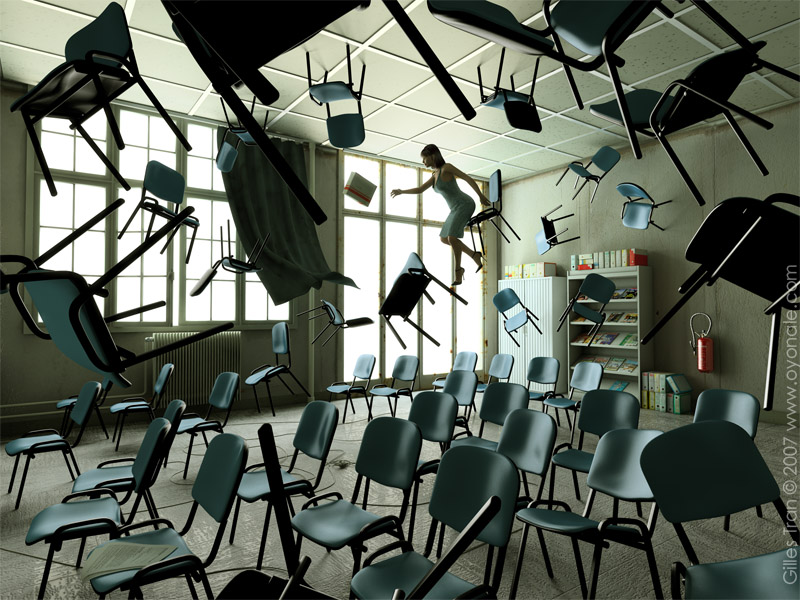







On March 26, 1992, around 6pm, little Annie McFarlane was walking home after school, alone on the country road that led to her parents' farm, when she was stolen by the wind. Andrew, the teenage son of the McFarlanes' neighbours, was mending a fence in a field, 50 yards away, but Annie was walking behind a hedge and he did not notice her. As he later told the policemen, he only saw the child when she was already up in the air, screaming, with something like a giant fist made of swirling leaves holding her tightly. The fist rose in the sky and Andrew told that the sunset made Annie a bright orange puppet, and then she was just a black dot on the darkening blue, and then she was gone, the night fell, and Andrew cried.
The McFarlanes were known to be honest and hard-working people, and while Mr McFarlane, who had been a sailor in his youth, had strange tattoos on his back and knew more foul language than any other farmer in the county, he was not a drinker and went to church whenever he was supposed to do so. His wife, who was born in the village, was perhaps not exceedingly cordial, but she was a good woman.
It was obvious, however, that they had done something wrong. The winds did not steal people's children for nothing. And neither the ponds and rivers did drown them at random, or the fires did burn them for amusement, or the land did bury them as fertilisers. There is always a deep, rational explanation for nature's most cruel deeds. The McFarlanes, therefore, were guilty, and they had been punished.
A forensic team was dispatched to the farm, with the specific purpose of uncovering whatever evil the McFarlanes had done, willingly or not. They analysed the rust on the farm tools, looking for blood, they sampled the